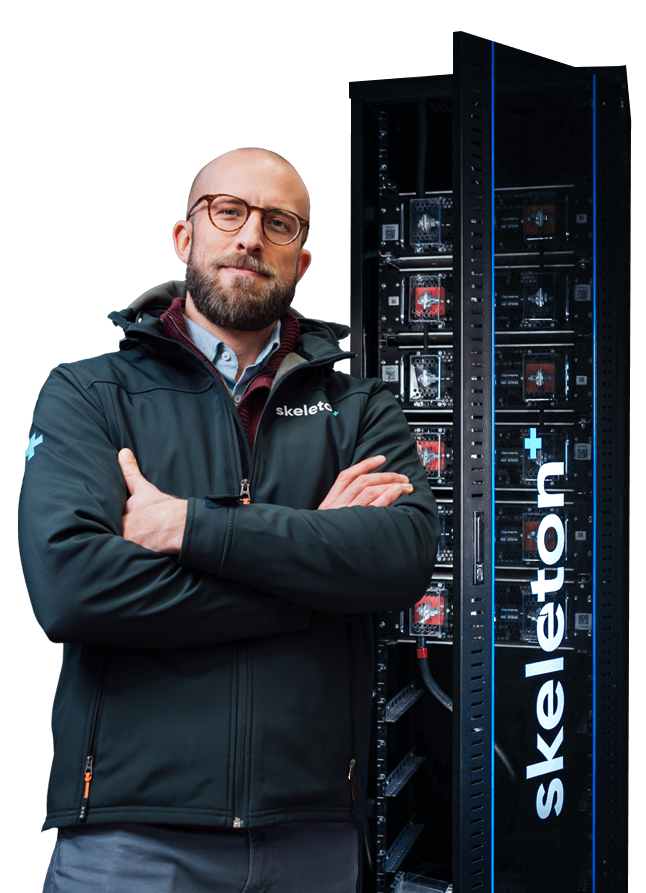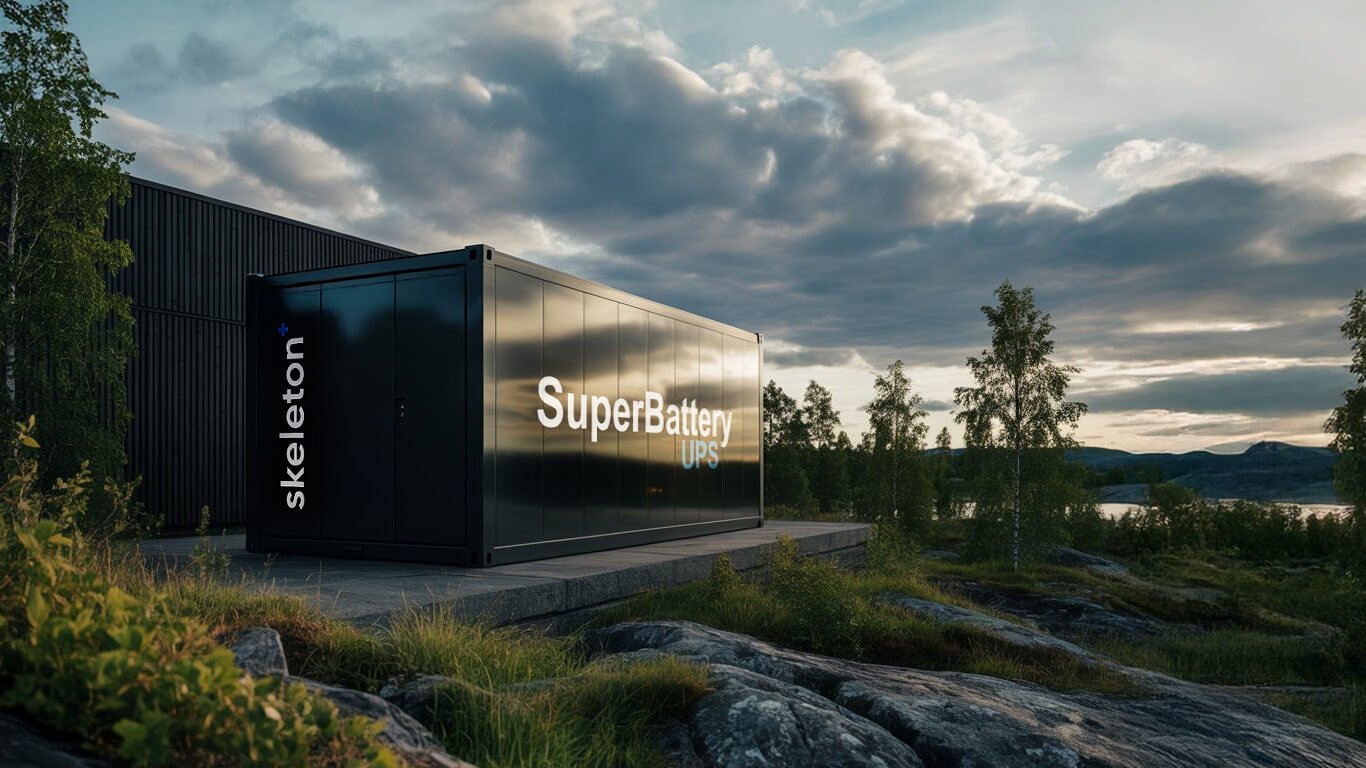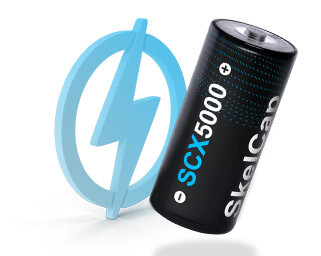
Skeleton Technologies Joins Cleantech for Baltics to Address Regional Challenges and Boost Local Startups
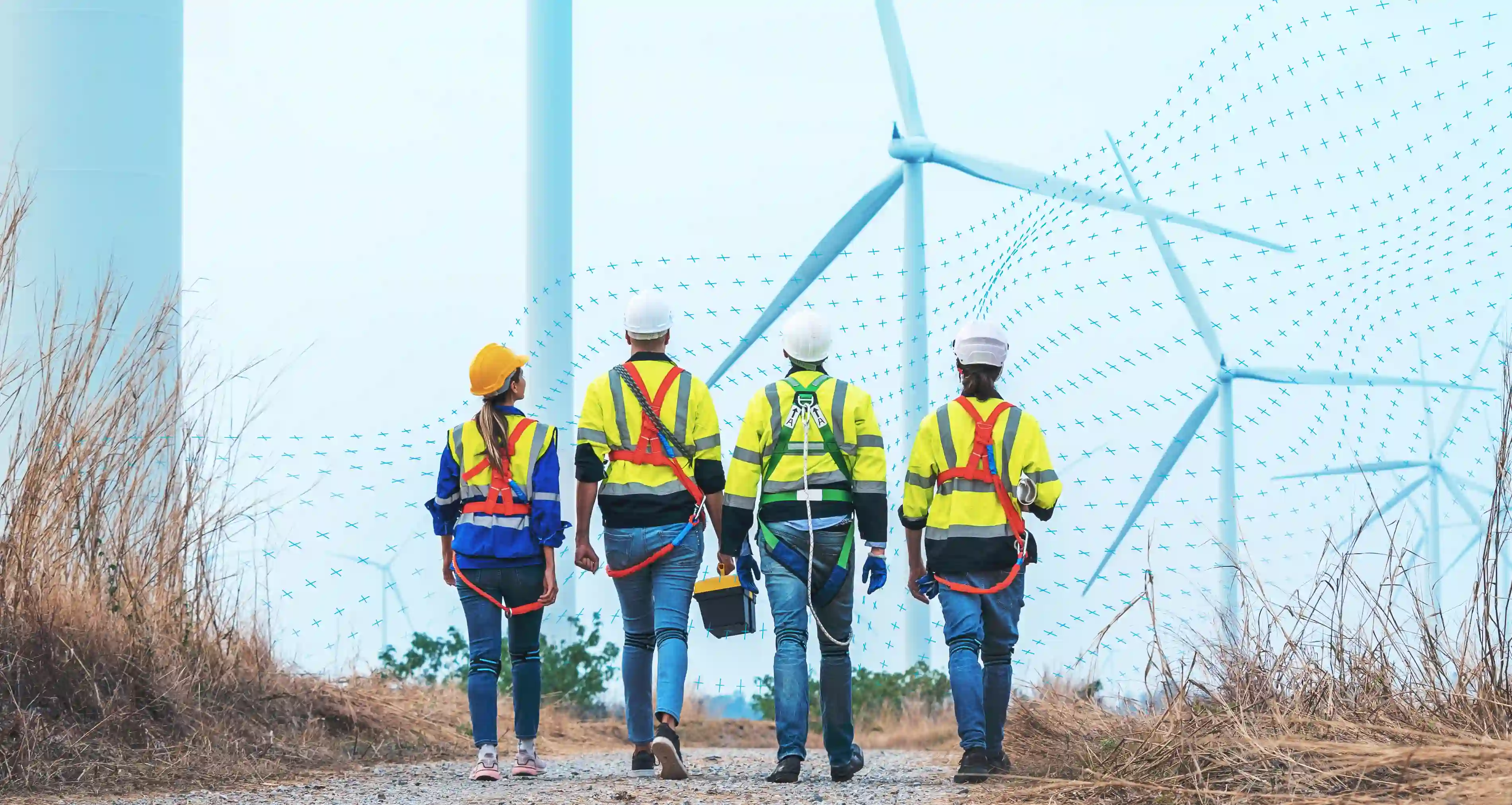
Skeleton Technologies, a global technology leader in high energy storage innovation, has joined the Cleantech for Baltics coalition—a pan-Baltic think tank established to accelerate cleantech innovation and the adoption of sustainable technologies across Estonia, Latvia, and Lithuania.
Initiated in 2021 with backing from Breakthrough Energy, the coalition, led by CEO Kädi Ristok, aims to increase investment opportunities and influence policy development to support the growth of cleantech startups and scaleups in the Baltic region. Operating as a regional focus within the broader Cleantech for Europe initiative, Cleantech for Baltics strives to enhance cleantech innovation and policy integration across the Baltic states, aligning with Europe's wider goals to accelerate clean technology adoption and development.
Arnaud Castaignet, VP of Government Affairs and Strategic Partnerships at Skeleton Technologies, delves into the company's motivations for joining the Cleantech for Baltics coalition.
Arnaud Castaignet, VP of Government Affairs and Strategic Partnerships at Skeleton Technologies, delves into the company's motivations for joining the Cleantech for Baltics coalition.

Why did Skeleton Technologies join the Cleantech for Baltics coalition?
We want to contribute to shaping the region's policies on clean technologies, accelerating their adoption, and putting cleantech innovation at the center of the public debate.
As an Estonian scale-up company, we can build bridges between the Baltic cleantech ecosystem and policymakers, thus helping the community grow and streamlining opportunities.
We want to contribute to shaping the region's policies on clean technologies, accelerating their adoption, and putting cleantech innovation at the center of the public debate.
As an Estonian scale-up company, we can build bridges between the Baltic cleantech ecosystem and policymakers, thus helping the community grow and streamlining opportunities.
For the Baltic economy, the development of cleantech is both an opportunity and a necessity. It is an opportunity because several Baltic companies are already technology leaders in cleantech, and the region’s startup culture allows them to move fast and embrace innovation. However, it’s also a necessity because Russia’s invasion of Ukraine and the weaponization of energy highlight the dangers of strategic dependencies and underscore the need to accelerate the Baltics’ energy transition and pursuit of energy independence and security.
However, it is also a necessity, as Russia’s invasion of Ukraine and the weaponization of energy underscore the risks of strategic dependencies. This situation highlights the critical need to expedite the Baltic region’s energy transition and enhance its pursuit of energy independence and security.
Given Skeleton’s active engagement in Cleantech for Europe, what prompted the decision to now expand efforts to the regional level?
Estonia, Latvia, and Lithuania share vibrant innovation ecosystems and a strong demand for energy security and sustainability. Cleantech for Baltics is one of the regional initiatives from Cleantech for Europe, alongside others such as Cleantech for Nordics, Cleantech for the UK, and Cleantech for Iberia. All these initiatives are complementary, as the energy transition should be a priority not only for the EU but also for its member states.
Estonia, Latvia, and Lithuania share vibrant innovation ecosystems and a strong demand for energy security and sustainability. Cleantech for Baltics is one of the regional initiatives from Cleantech for Europe, alongside others such as Cleantech for Nordics, Cleantech for the UK, and Cleantech for Iberia. All these initiatives are complementary, as the energy transition should be a priority not only for the EU but also for its member states.
At a time when the Baltic countries are drafting and implementing climate and energy independence plans, the private sector needs to be involved, sharing its experience and insights. The journey towards energy independence and sustainability is multifaceted; however, this transition should forge pathways to autonomy and resilience while creating exciting opportunities for newcomers. Many innovative Baltic startups will grow and scale in the coming years, and we want to support them. What benefits the Baltic cleantech ecosystem also benefits Skeleton.
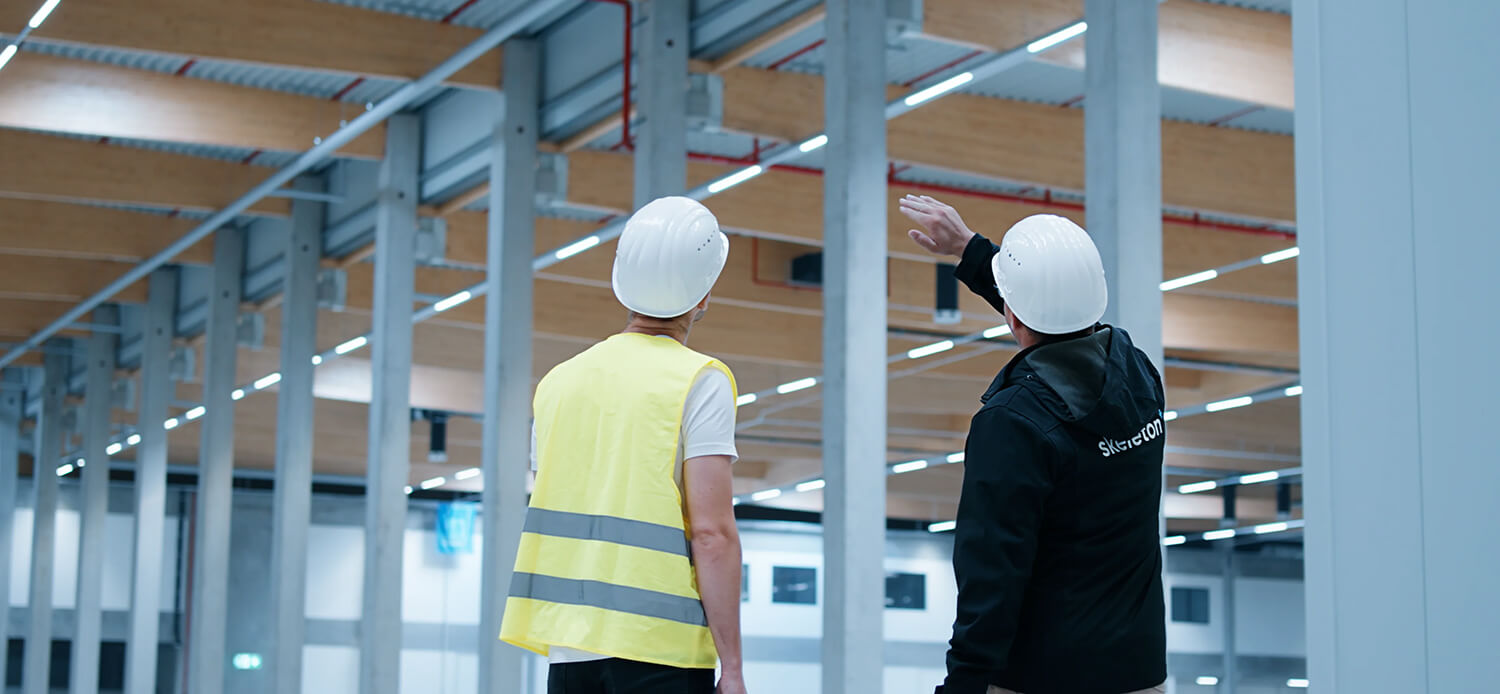
What are Skeleton’s ambitions and objectives within the Baltic coalition?
As a scale-up company deeply involved in the European cleantech ecosystem and expanding into several countries, we believe we can share our experience, especially our ideas on simplification, tackling the scale-up challenge, and addressing global competition. It’s important for the Baltic countries to act as a team, as their interests are common. At the EU level, we are strong advocates of a common EU industrial and energy strategy, and this should also be the case at the regional level. The Cleantech for Baltics coalition is primarily a think tank, so it will help develop greater economic and energy literacy in assessing the energy transition and the effectiveness of initiatives like the Green Deal and the Net Zero Industry Act, along with other European public policies in the region.
We are also eager to contribute to creating more opportunities for the Baltic cleantech ecosystem, assisting other players in expanding and collaborating, and leveraging both public and private support, as well as industrial partnerships. By advocating for cleantech topics to be at the forefront of the public agenda in our region, we aim to convince everyone that the cleantech sector is and will remain the most exciting and ambitious one in the coming decades. We are solving real-life issues and are purpose-oriented, so we want the next generations to be willing to work in cleantech, establish cleantech companies, and address global challenges such as climate change and pollution.
What key areas is Skeleton aiming to address?
The energy strategy of the region is particularly important to us. The twin transitions - energy and digital - require massive amounts of electricity. Without abundant and affordable decarbonized energy, Baltic industries and cleantech companies will not remain competitive, nor will the region be able to attract and retain important manufacturing projects. We advocate for a clear and common industrial strategy, but there is no industrial strategy possible without an energy strategy. Investing in both generation capacities and the grid is critical. The Baltics are undergoing a massive electrification phase, and the availability and affordability of clean electricity will largely determine the future of the Baltic economies from both socioeconomic and environmental perspectives.
We also want to address issues preventing Baltic cleantech start-ups from growing and expanding, both in our region and globally. Things could surely be improved in the way Baltic policymakers shape policy and the economic environment to create the best conditions for cleantech start-ups to flourish. By speaking as a single voice for the Baltic cleantech ecosystem, Cleantech for Baltics can strongly contribute to that.
